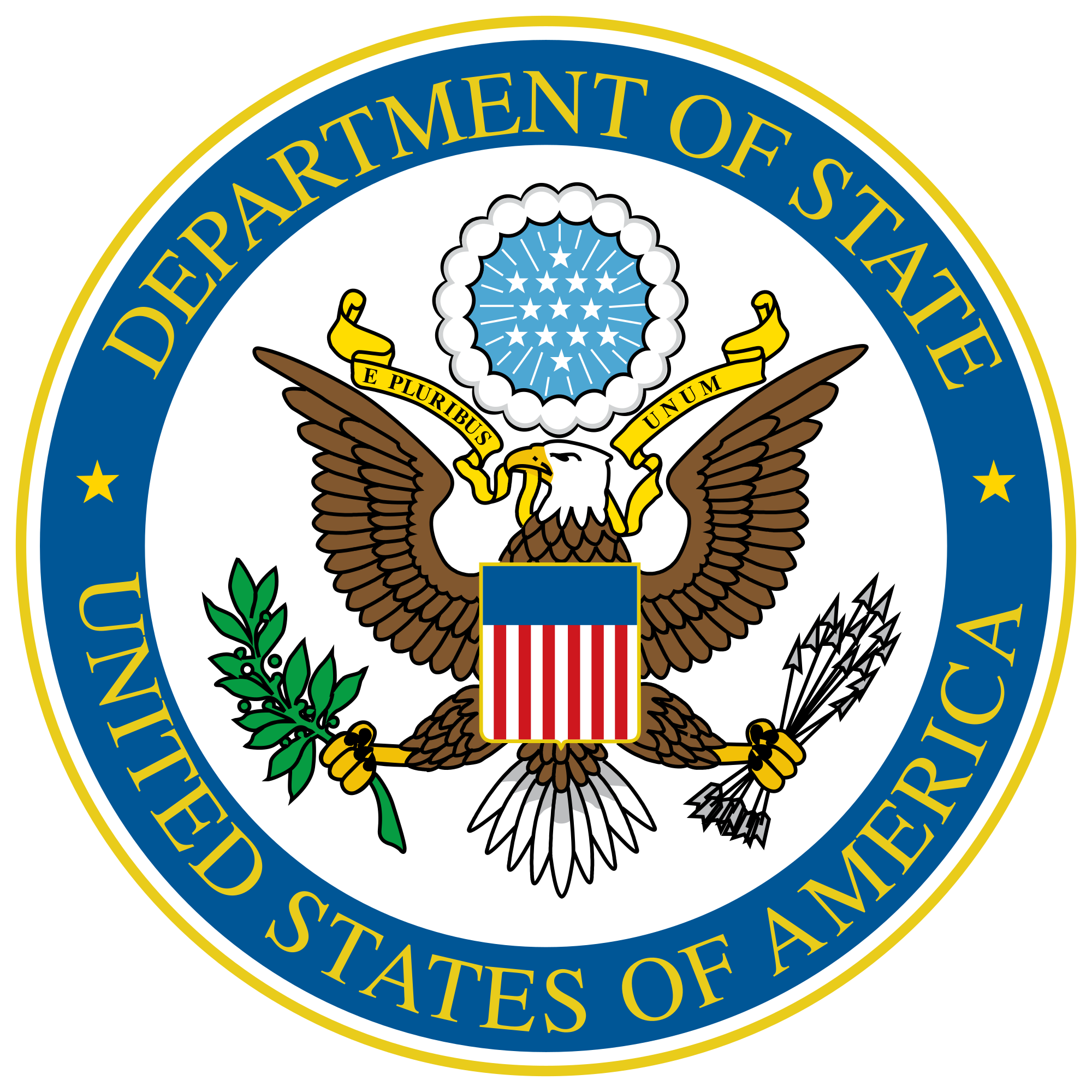State Department Confirms Breaking Up NIDA-Monopoly Does Not Violate UN Treaty
 In response to questions from Senator Kirsten Gillibrand’s (D-NY) office, the Bureau of International Narcotics and Law Enforcement at the State Department has gone on record that the U.S. could issue multiple licenses for the cultivation of cannabis for medical and scientific purposes without violating the U.N. Single Convention on Narcotic Drugs. This interpretation is at odds with Drug Enforcement Administration’s (DEA) interpretation that the treaty only allows a single license, which is granted to the National Institute on Drug Abuse (NIDA) creating the “NIDA-monopoly on cannabis,”which has stalled medical cannabis research for years.
In response to questions from Senator Kirsten Gillibrand’s (D-NY) office, the Bureau of International Narcotics and Law Enforcement at the State Department has gone on record that the U.S. could issue multiple licenses for the cultivation of cannabis for medical and scientific purposes without violating the U.N. Single Convention on Narcotic Drugs. This interpretation is at odds with Drug Enforcement Administration’s (DEA) interpretation that the treaty only allows a single license, which is granted to the National Institute on Drug Abuse (NIDA) creating the “NIDA-monopoly on cannabis,”which has stalled medical cannabis research for years.
According, to NIH:
Under the 1961 international Single Convention on Narcotic Drugs (amended in 1972), cannabis is designated a Schedule I substance, and participating countries are required to restrict production, manufacture, possession and distribution of marijuana except for medical and scientific purposes. The Drug Enforcement Administration (DEA) regulates the cultivation of marijuana for research purposes through licensing requirements and establishing annual aggregate production quotas under the authority of the 1970 Controlled Substances Act (CSA), which implements the Single Convention. To date, the DEA has only issued a single license for the cultivation of marijuana for research, to the University of Mississippi, which is funded through a NIDA contract. Questions on the authority to issue additional licenses would have to be addressed to the DEA.
Researchers have long complained that the University of Mississippi has been unable to produce sufficient cannabis to conduct research. For example, the PTSD research study led by Dr. Sue Sisley sought four specific cannabinoid profiles for her study, which were requested on August 18, 2014. On March 24, 2015, NIDA informed informed the research team that they could not provide all of the requested strains at that time and they would have to wait for them to create the standardized strains. Additionally, researchers have complained about the poor quality of cannabis grown through the monopoly.
The poor quality of the cannabis made available through the monopoly is but one issue harming research. Efforts by by UMass Amherst professor Lyle Craker to grow medical cannabis at the university for research purposes were thwarted by the DEA. In the effort to produce cannabis outside the monopoly, advocates for Craker pointed out private researcher are unable to choose the exact strain and cannabinoid profile and they cannot control of either availability and cost. Additionally, researchers cannot use the same supply of cannabis they used during their research to apply for FDA approval. On February 12, 2007, DEA Administrative Law Judge Mary Ellen Bittner issued an Opinion and Recommended Ruling determining that DEA should grant the application Craker. Unfortunately, the DEA is under no obligation to accept Judge Bittner's administrative ruling, and never adopted her recommendations.
The State Department response shows that the DEA could license multiple entities to produce cannabis for medical and scientific purposes under the U.N. treaty. The State Department points out several instances in which the treaty uses plural forms of terms such as “areas,” “plots,” and “cultivators,” which proves that more than one cultivator could be licensed. While the State Department notes that a monopoly complies with the treaty, it makes it clear that a monopoly is by no means a requirement.
Several other countries have issued multiple licenses to grow cannabis for medical and scientific purposes. Nations such as Canada and Holland have issued multiple licenses for this purpose, and not just for research studies. In fact, these licensed growers are producing medicine that is being made available to patients through the medical cannabis programs in those countries. Potentially, this could mean that the DEA could license each state with a medical cannabis program, which would bring the state programs into complete compliance with the U.N. treaty. The State Department response says that they are not aware of any nations who have been sanctioned by the International Narcotics Control Board as a result of issuing multiple licenses.
With this news, President Obama should direct the DEA to immediately begin the process of issuing additional licenses. Breaking up the DEA-mandated NIDA-monopoly would benefit researchers and patients alike, and would not offend treaty obligations.
Share this page





















